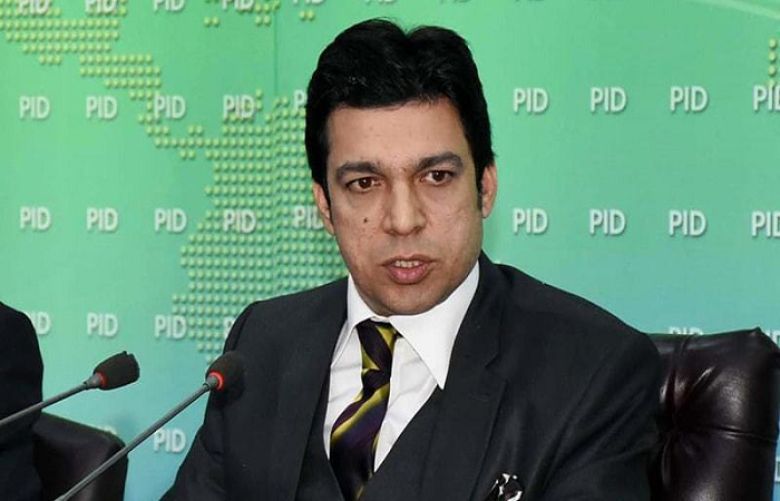Senator Faisal Vawda has refused to issue an unconditional apology to the Supreme Court in the contempt case and sought an end to the matter, saying that several others had issued remarks similar to his.
Over his anti-judiciary remarks during his press conference on May 15, Vawda asked the court to show restraint in the contempt of court proceedings.
In response to the notice, he asked the Supreme Court to withdraw the contempt of court case against him, saying that the purpose behind his allegedly malicious press conference was the country’s wellbeing.
The politico issued the statement a day prior to his appearance in the contempt of court case for his tirade against the judiciary over the Islamabad High Court (IHC) judges’ letter, pointing out the intelligence agency’s meddling in judicial affairs and alleged dual nationality of a senior judge.
The apex court has fixed the hearing of the case against the independent senator and Muttahida Qaumi Movement-Pakistan (MQM-P) senior leader Mustafa Kamal on June 5, as Kamal has also held a similar press conference on May 16.
In the response submitted to the Supreme Court, Senator Vawda submitted transcripts of Prime Minister Shehbaz Sharif, Jamiat Ulema e Islam-Fazl chief Maulana Fazlur Rehman and Pakistan Tehreek-e-Insaf (PTI) leader Raoof Hasan’s speeches wherein they had made hard-hitting speeches against the judiciary.
He apprised the court that Hasan had threatened judges and the judiciary as well as called a judge “tout”. Whereas, Shehbaz had called judges “black sheep” and Fazl threatened judges in a speech outside the top court's building.
On the other hand, Vawda said he had every respect and regard for the judiciary and could never imagine doing any act which lowered the estimation of the judiciary in any manner.
However, he said: “…highlighting or critique of judgements of the courts deemed to have had a negative impact on the lives of the citizens of Pakistan is not contempt.”
He said the said press conference called upon the need for the judiciary to act on certain matters pertaining to the common public which remained unattended by the judiciary and executive.
Vawda said he highlighted those judgments which caused problems for the people with bona fide intentions and felt that it was a fair criticism.
He also drew the court’s attention to several instances “where the court has not taken notice of a direct threat issued to the judiciary and untoward remarks against the judges. The instances include but are not limited to threats made by Fazl, Hasan and Shehbaz.”







